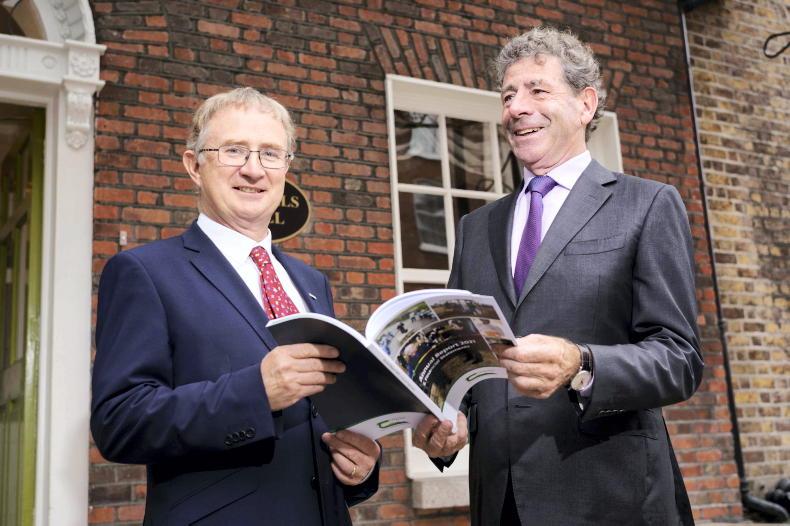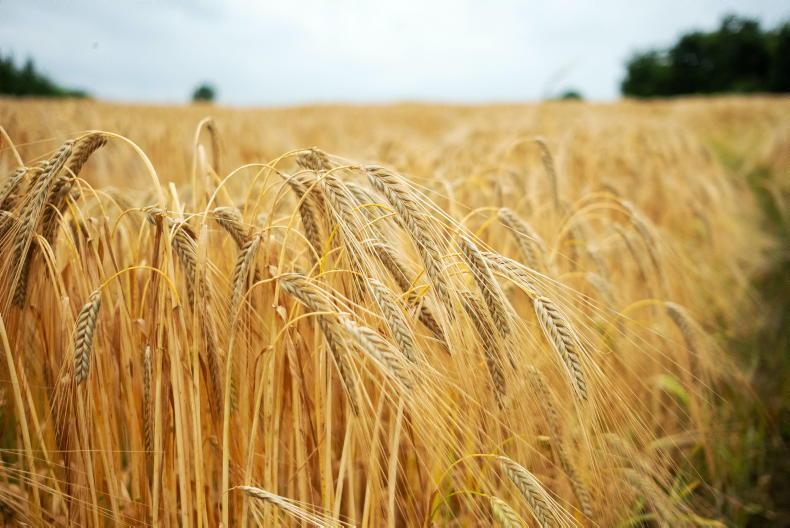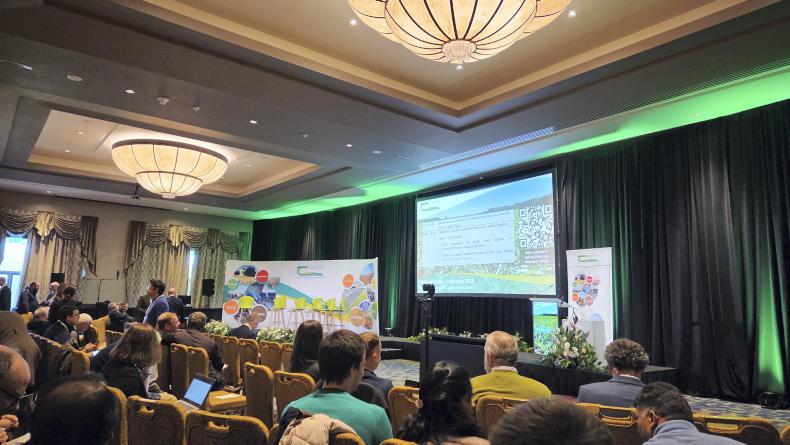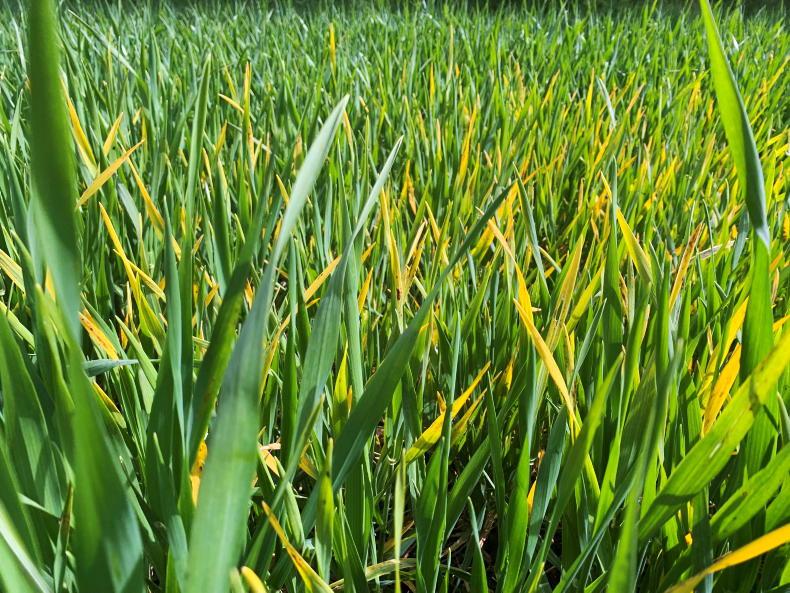Teagasc is set to establish a €12.7m National Agricultural Sustainability Research and Innovation Centre (NASRIC) in Johnstown, Co Wexford, as part of its climate strategy.
The facility will be funded through a €9m investment by the Government and €3.7m from Teagasc’s own resources.
Teagasc director Professor Frank O’Mara said that while the physical building is in its planning stages, work has already begun to create the accompanying ‘virtual’ centre, online, through which agricultural sustainability research from across Ireland and further afield can be collated.
Speaking at the launch of Teagasc’s annual report and 2021 financial statements in Dublin on Tuesday, Prof O’Mara described how once the new centre for Johnstown secures planning, Teagasc is looking at a one-year build and the hope is to have it opened in early 2024.
The Teagasc director said the centre is “first and foremost, going to be pulling together our activity across all of our centres into a virtual centre for climate research and innovation.
“We also want to link out both nationally and internationally to other equivalent bodies. New Zealand is one example where I’d be very keen to establish strong research links with," he said.
Signpost programme
Prof O’Mara also announced plans to “significantly expand” the Teagasc Signpost programme over the coming months, adding in the region of 30 farm advisers in doing so. However, he said this recruitment target has not yet been finalised.
He said the aim of the expansion will be to provide individual sustainability support to farmers who may attend Signpost events and farm walks through one-to-one follow ups after the event.
“You get 100 farmers coming to a farm walk. Does anyone check in with them a couple of weeks later? Well, all that great stuff you saw when you went to the walk, are you going to try and use that on your farm? So that’s the idea of individualising the contact we have and the support we give to farmer,” he said.
The third component of Teagasc’s climate strategy will involve a new sustainability digital platform which will operate through a collaboration with Bord Bia and the Irish Cattle Breeding Federation (ICBF).
“This will allow us to benchmark where a farm is at, give a farmer their current emissions, current removals or sequestration, and more importantly, a farmer can work with his or her adviser to see what can they do to reduce it. There’ll be an additional support element to it, so that we can identify the key actions any farmer might take to reduce their emissions,” said Prof O’Mara.









SHARING OPTIONS